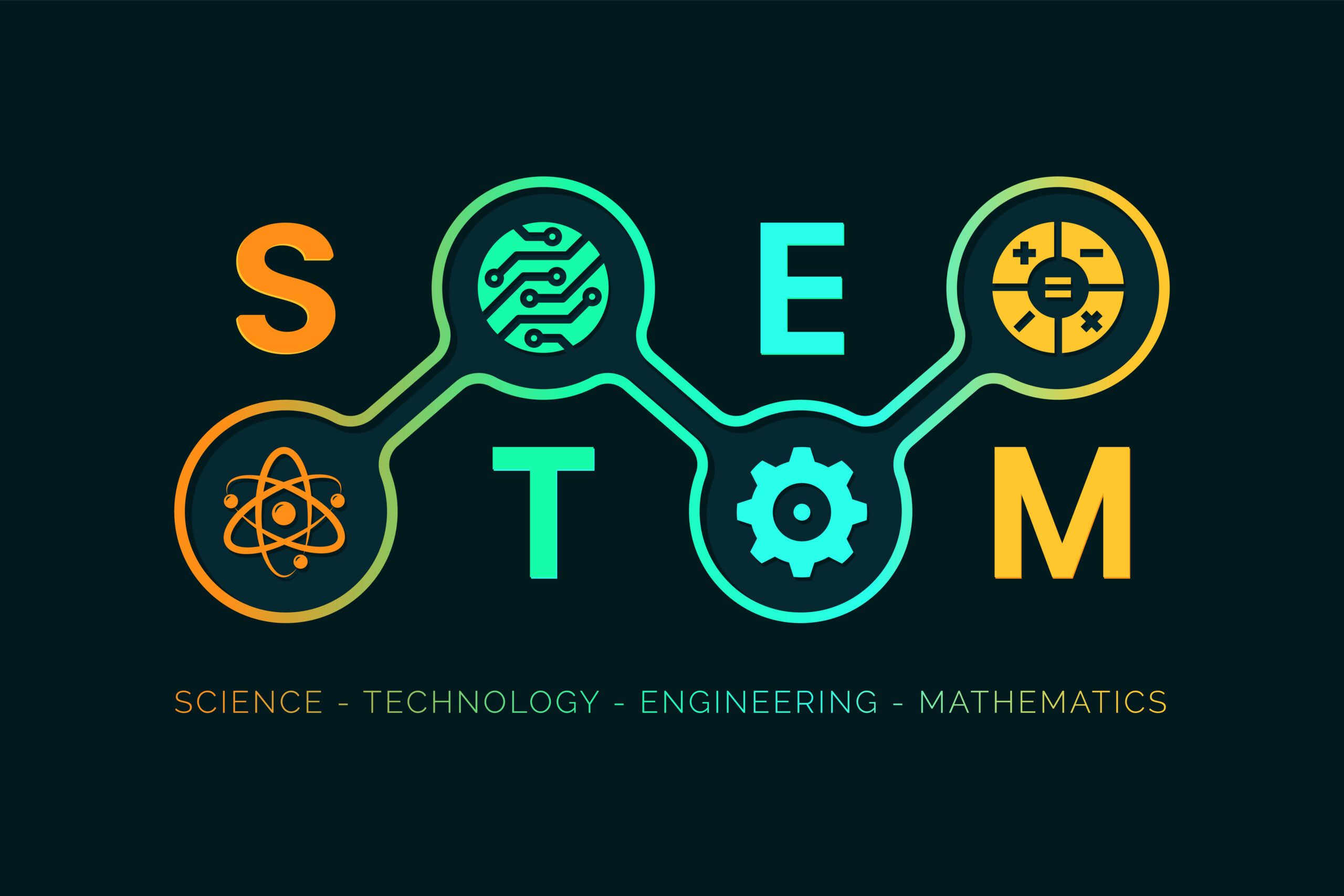
Like any new technology, blockchains have the potential to streamline processes. We already have practical and time-saving tech like fast ATS integration for job boards, and blockchains have the potential to add even more convenience. Perhaps more fundamentally, they can also offer additional security, more trust, and a huge reduction in admin time.
If you’re currently visualising a large concrete slab with a chain attached to it – fear not (and you’re not that far off, conceptually). First, we’ll quickly look at what a blockchain is and how it works, before going into a bit more depth as to how these characteristics could disrupt the recruitment sector.
What is a Blockchain?
We’re all familiar with databases, and essentially that’s all a blockchain is – with one fundamental difference. Traditional databases are generally located in one place, or central network, and managed by one organisation or entity.
Blockchains differ here, because the data is distributed across a network of computers in ‘blocks’. Each block is a self-contained parcel of the data. Blocks have storage limits, and once filled, a new block is formed as part of the chain. Once in the blockchain, data cannot be changed generally speaking. This means trying to tamper with or falsify information on a blockchain is pretty much impossible – each block is constantly verified by the rest of the network, and any inconsistencies are flagged and rejected.
Another important thing to note is that when new data or blocks are added to the blockchain, they are timestamped. This makes it very easy to verify exactly when something was added to the network.
In essence then, the idea of a concrete block with a chain attached to it is actually quite close to the reality. Simply imagine those blocks are full of data and cloned across a huge network of computers.
Blockchains in Recruitment
Most blockchains are used for transactions. Bitcoin is the obvious example, but there are many others. While the blockchain was born from the desire to make financial transactions trustless and transparent, more and more organisations and entrepreneurs are starting to understand the far-reaching potential of this technology. Imagine using a blockchain for voting, for example – election fraud could be all but eliminated in theory.
The fact that blockchain data can’t be tampered with and can be de-centralised creates an instant level of trust, and as any recruiter knows, trust is essential for both clients and candidates. Here are a few potential advantages recruiters could benefit from when using blockchains.

Fast and Easy Background Checks
The level of trust potential of a blockchain has the power to instantly eliminate some of the problems recruiters face every day. Fake CVs will simply be impossible (if they still exist, more on this below), because a candidate’s employment history, references, education, and any additional qualifications can be stored in a secure ledger on a blockchain. Not only does this eliminate potential fraud, but it also gives recruiters and their clients instant access to everything they need in one easy step. No more Line of Duty level investigations into a candidate’s references will be required, for example.
No More CVs
There’s already lots of talk about the potential death of the CV. It hasn’t happened yet, but blockchains could be the thing that hammers the coffin shut on traditional CVs for good. If a candidate’s employment history and associated information are all held in a secure ledger on a blockchain, there’s no need for a traditional CV. Any potential recruiter or employer can simply look at the blockchain data, and view employment history, references, awards, certificates, education, and so on.
Not only that, but given the increasing shift to global recruitment, educational qualifications on a blockchain are much easier to check, and this could completely remove any concerns about false qualifications or validity. Several major US colleges already give graduates a digital version of their qualifications and certificates.
Fast, Transparent Onboarding and Contracting
Blockchains have another trick up their sleeves – smart contracts. These are a hands-off and transparent way of making a transaction or agreement. The vending machine is often used as an example of a form of smart contract – you put the money in, choose what you want and out it comes with no need for human involvement. It’s also pretty hard to cheat.
Today, most smart contracts are used for financial transactions on supporting blockchains, but there is huge potential for HR and recruitment as well. If candidates already have their complete employment history and associated details in a ledger on a blockchain, onboarding a new employee could be as easy as setting up a smart contract between the employer and employee.
Smart contracts could vastly reduce the admin tasks recruiters face too – one simple smart contract and your new hire has everything they need, agreements signed, and are good to go. There’s an obvious advantage when working with contractors and freelancers here too.
Blocking All Over the World
It is still early days for blockchain tech – we might not see any of these things in recruitment soon, but it’s likely only a matter of time until they appear in some form. Given how new the blockchain space is, many industries are still figuring out the details, but some are already making use of them in day-to-day business (Spotify, Accenture, and DeBeers are a few big-name examples).
That said, any tech recruiter will already know how in-demand blockchain developer jobs are, and it’s a global industry. That demand is only going to increase as kinks are ironed out. Mass adoption is closing in.
When big blockchain adoption does arrive, we’re certain to see a huge shake-up of the recruitment space (and many more besides). What that means is anyone’s guess, but the examples above are just some of the potential advantages we might see in the coming years.



